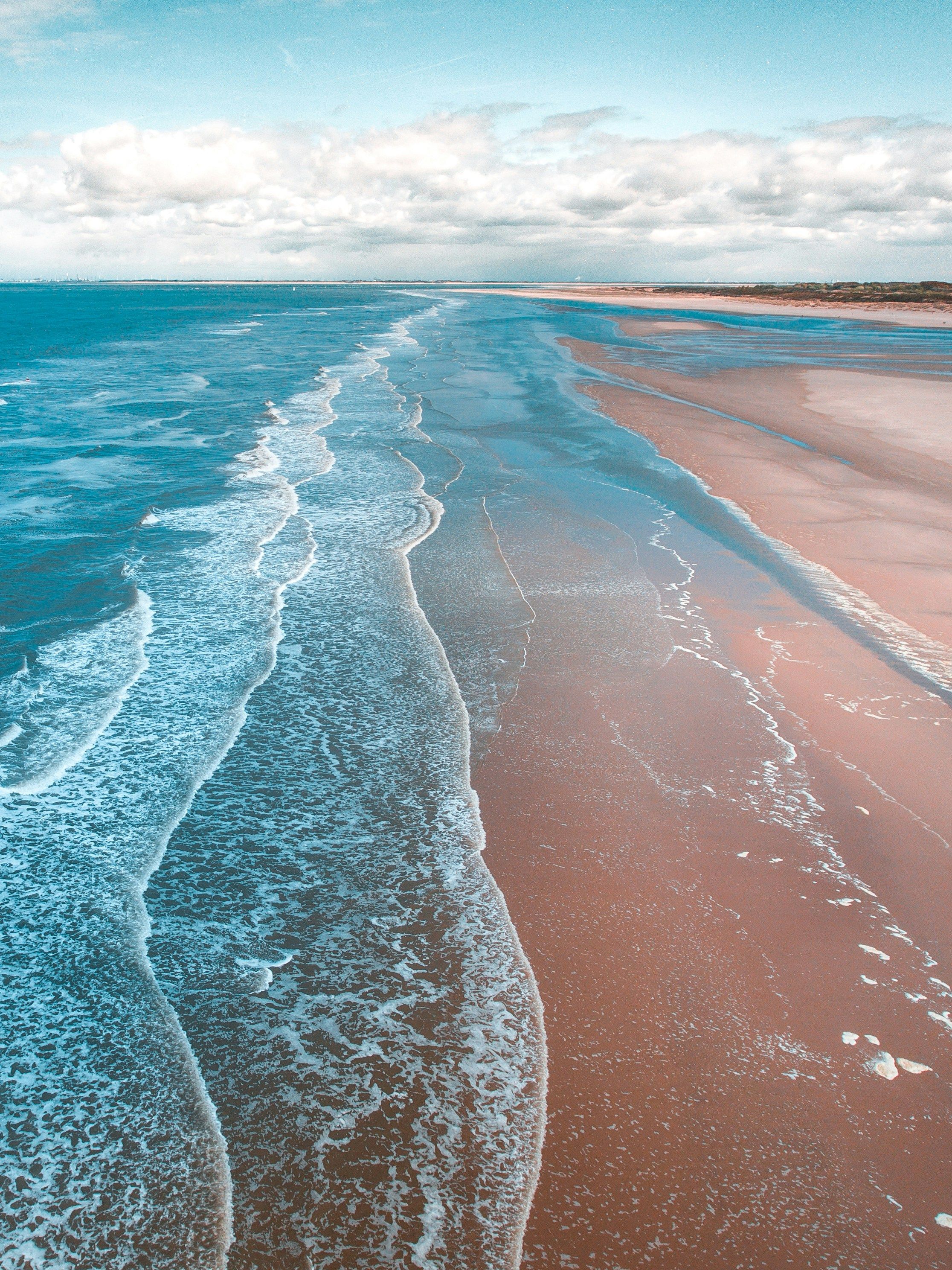Russian President Vladimir Putin expresses his views on Russia and United States President Donald Trump
Social Media Sharing: 🔄 Facebook — Link 🔄 Twitter — Link 💬 Whatsapp — Link 📧 Email — [email protected] 📍 Print — Available 🔗 Copy Link — Link
Moscow shines bright as it hosts a grand military parade, echoing the spirit of the WWII victory against the Nazis. Red Square buzzes with international attendees, mainly Asian and African countries, witnessing Russia's defiance and their "military special operation" – Putin's term for their invasion of Ukraine. Ukraine, a former Soviet nation, labels the event as a "parade of cynicism."
Politics The Craziness of World Leaders! Putin's Misunderstood Perspective, Trump's Misconstrued Claims, and More!
As the parade begins, Putin draws parallels between Russia's attack on Ukraine and the Soviet Union's fight against the Nazis. He defends his stance despite years of untruthful remarks about Ukraine. Interestingly, his declaration about fighting Nazism, Russophobia, and anti-Semitism indirectly challenges US President Donald Trump's assertion that the US Army played a decisive role in WWII. Putin recognizes the US's role in hastening victory post-WWII, but attributes significant contributions to China.
Politics The Art of Propaganda: A Look at Russian Commemoration Practices
Thousands of security forces ensure the parade's safety, causing inconvenience to early morning commuters and limited access to certain areas of Moscow. Some metro stations are closed, and internet issues persist for days.
Xi Jinping's Visit and Other Nations' Presence
Approximately 10,000 participants, including troops from other former Soviet republics, China, Laos, Myanmar, and Egypt, join the parade in Moscow. Russian soldiers engaged in Ukraine are part of the spectacle. The display features traditional military hardware, such as tanks, air defense systems, and missile systems, accompanied by aerial shows from fighter jets.
Politics A Brief Recap: The End of World War II
Chinese President Xi Jinping stands as Putin's most significant guest this year. Besides him, leaders of Brazil, Cuba, and Laos, and former Soviet nations like Belarus, Armenia, Kazakhstan, Kyrgyzstan, Tajikistan, Uzbekistan, and Turkmenistan are expected on the tribune. Slovakia's Robert Fico and Serbian President Aleksandar Vucic are the only EU and NATO leaders present.
Before the Moscow parade, smaller-scale military parades occur in Russia's Far East and Siberia, including in Vladivostok, Khabarovsk, Krasnoyarsk, and Novosibirsk. Across the nation, there are about 30 parades in total.
Ukrainian President Volodymyr Zelenskyy dismisses the Moscow event as a "parade of cynicism." Despite Putin's declaration of a three-day ceasefire during commemorative ceremonies, Ukraine alleges that Russia breached this truce.
Sources: ntv.de, jpe/dpa/AFP
- Politics
- Russia's Invasion of Ukraine
- WWII
- Military
- Vladimir Putin
- Xi Jinping
Enrichment Data:
Historical Context
The Victory Day parade in Moscow dates back to the Soviet Union's victory over Nazi Germany in WWII. The first parade took place on June 24, 1945, symbolizing the Soviet Army's power and combat readiness[2].
Contemporary Significance
In recent years, particularly since the full-scale invasion of Ukraine in 2022, the parade has gained new importance as a demonstration of military might and a symbol of Russia's political stance. The ongoing conflict in Ukraine has affected the scale and composition of the parade, as much of Russia's modern equipment is deployed in their neighboring country[3].
Political Implications
Relationship with Ukraine
The tense relationship between Russia and Ukraine has resulted in the latter calling the Moscow parade a "parade of cynicism." It serves as a platform for Putin to showcase Russia's military strength amidst ongoing military operations[3][4].
Relationship with Other Nations
- US and Europe: The lack of attendance from major Western leaders highlights Russia's distancing itself from Western powers[1].
- China and Other Allies: China's President Xi Jinping attended the parade, reflecting the strengthening alliance between China and Russia. Other attendees included leaders from Central Asia and countries like Brazil and Venezuela[1].
Strategic Implications
The parade underscores Russia's efforts to sustain its international standing amidst the ongoing conflict in Ukraine and its alliance-building strategies, particularly with China[4].
Future Perspectives
As Russia struggles with Western sanctions and faces international criticism over its invasion of Ukraine, the Victory Day parade remains a crucial platform for Moscow to display its military might and diplomatic ties. The conflict is likely to influence the parade's scale and international visibility, with China continuing to play a significant role in Russia's global strategic positioning[1][5].
- The European Parliament has also expressed its concern at the situation in the former Yugoslavia, given the ongoing political turmoil and military operations in Ukraine.
- Moscow's glorious military show, while celebrating Russia's power and strength, contradicts the politics of peace and diplomacy the European Union is advocating for in the region.
- Meanwhile, Moscow's invite to China's President Xi Jinping during their military parade reflects a growing alliance between the two nations, a move that may further challenge the existing politics among global powers.
- General news outlets have reported that political leaders across the globe have been cautious in their response to Russia's military display, with some, like the European Union, making their concerns clear about Moscow's military presence in Ukraine.








